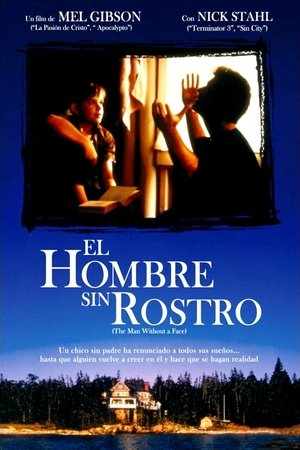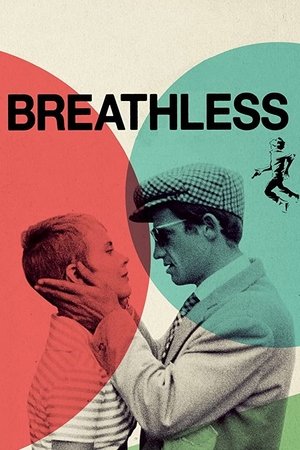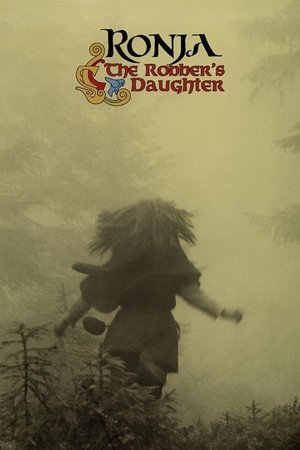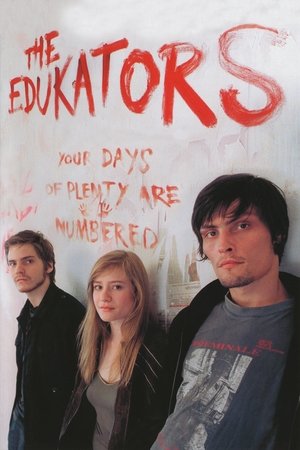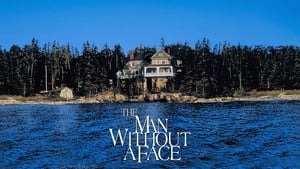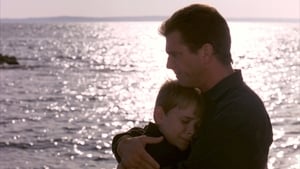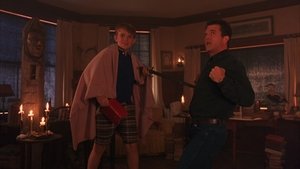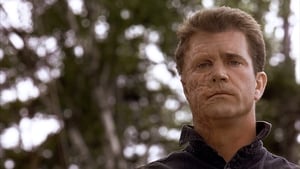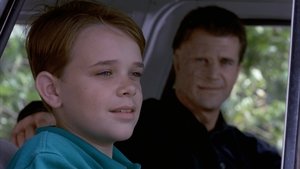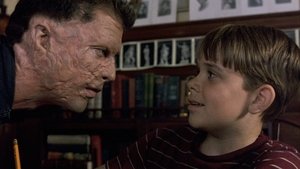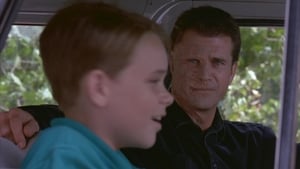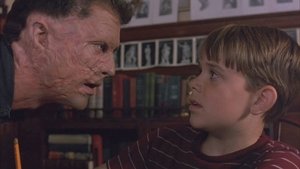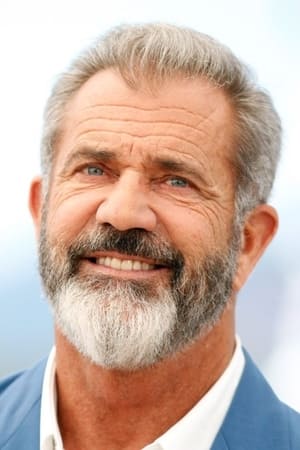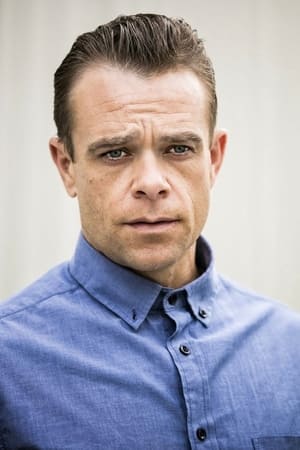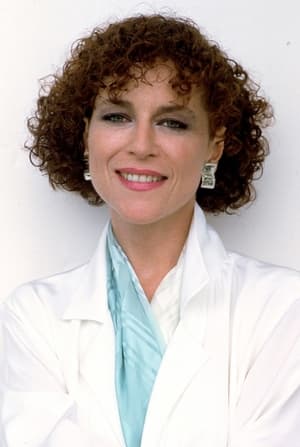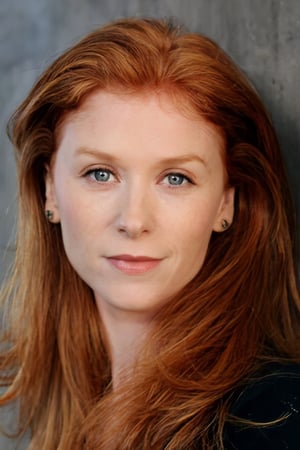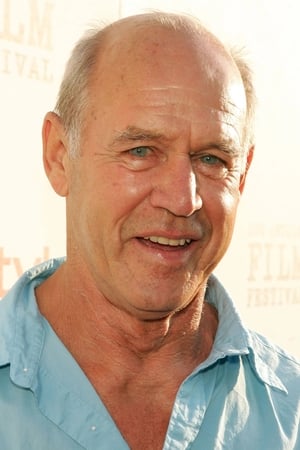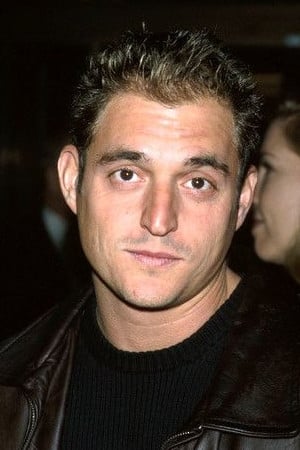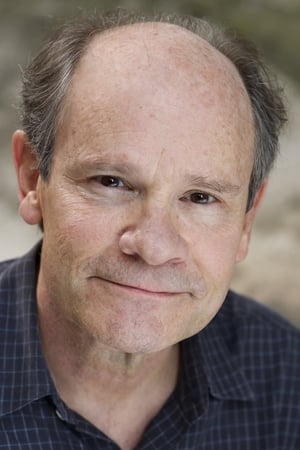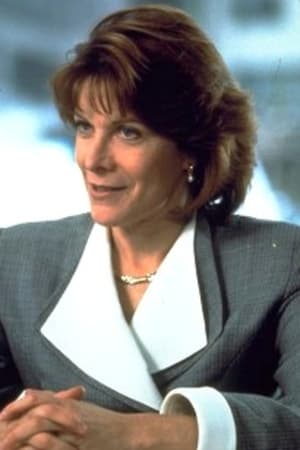-
Wuchak
_**A denouncement of lowlife gossips/slanderers**_ "The Man without a Face" was Mel Gibson's 1993 debut as director. Gibson stars in the eponymous role as McLeod, a man whose face is heavily scarred. The story takes place on coastal Maine during the summer of 1968. Several years earlier McLeod moved to the area to live in seclusion and do his unconventional work with the requisite privacy. Unfortunately, but to be expected, rumors about the mysterious recluse circulate amongst the locals, who callously refer to him as "hamburger head." A fatherless 12 year-old, Chuck (Nick Stahl), wants to go to a military school and therefore enlists the aid of the outcast and a good relationship develops. Margaret Whitton plays Chuck's oft-married mother while Fay Masterson and Gaby Hoffmann his half-sisters. Geoffrey Lewis is on hand as the town's police chief. I saw this movie years ago and, despite it being a decent drama, it left a sour taste. Why? Four reasons and they all have to do with the third act: **1.** It introduces the rumor of a hideous crime where someone is falsely accused (LIKELY falsely accused) and plots like this infuriate me for obvious reasons. **2.** The crime in question is sexual molestation, which is always an uncomfortable and awkward topic, to say the least. **3.** There's a scene where a character is given the opportunity to affirm or deny the wicked allegations and he refuses; instead he answers by asking a rhetorical question. This is also frustrating. If someone didn't commit a crime then he (or she) should JUST SAY SO. **4.** Another scene struck me as stoo-pid simply because intelligent, discerning people are careful (and responsible) to make sure that what they do doesn't have the "appearances of evil" even though it's not evil, if you know what I mean. The character in question fails to do this and it was, again, infuriating. Watching the film a second time, I have much higher respect for it because I now see what it's really about. The plot reveals the surface meaning – a fatherless kid finds a much-needed father-figure and a lonely outcast is blessed with human acceptance and the opportunity to fulfill his calling (teaching) – but the movie goes much deeper than this, which explains the existence of the third act and why everything else leads up to it. The subtext is a condemnation of gossipy lowlifes found in every community who destroy lives with their wicked tongues; that is, IF they're not called to account. They're judge, jury & executioners of innocent people. Their prey-of-choice is unconventional types or those perceived as a threat due to their figurative strength. Such slanderers are arrogant fools who love tearing others down, particularly those outside of their group. They feed on creating strife through lies, half-truths, negative spinning, unjust criticism, name-calling and mocking. THEY are the true monsters, not people like McLeod. The more extreme the nature of the accusation the better, which is why these scum shoot for the most hideous of lies, such as sexual molestation. Such ignoble gossips are literally everywhere and their slander will spread and poison others' minds IF someone doesn't boldly put a stop to their lies. There's an effective scene at the end where the accused person approaches an elderly couple with whom he had a good relationship, but it's clear that the rumors had gotten to them and their minds are now poisoned because they refused to hear his defense before drawing a damning conclusion. There was nothing he could do and it's heartbreaking. Unfortunately, this kind of thing happens all the time. While the drama of the film is solid, not great, it's the movie's subtext that breaks the threshold of greatness. The awesome coastal locations are a plus, as is the peripheral cast. While the movie's laden by the sexual molestation subplot it's justified because it ties into the picture's potent theme. The film runs 115 minutes and was shot on coastal Maine and Nova Scotia. GRADE: B+ **SPOILER ALERT!** Don't read further unless you've seen the movie. I've heard some seriously erroneous claims about the movie, like McLeod really did have a sexual relationship with Chuck. Nonsense. These people didn't pay attention because the movie itself thoroughly disproves such claims: First of all, there's no scene where sexual abuse is even hinted at. Secondly, when the mother asks Chuck if McLeod "touched" him he responds with a shrug, "Yeah, why?" In other words, he touched him only in appropriate ways, like a pat on the back and so forth. "What's the big deal?" is essentially his response. Furthermore, Chuck tries to find out the truth about McLeod upon hearing the gossip/rumors and then steals his mother's car and goes straight to McLeod's house in a frenzy to confront him. McLeod's not the type to TELL people what to believe so he asks Chuck (paraphrasing), "Have I ever done anything remotely questionable or abusive when you were around me?" It's a rhetorical question and the non-verbal response is "Absolutely not." This explains why McLeod had no worries when the police officer came to his house earlier in the story looking for Chuck after he was missing for a night. He nonchalantly responds, "Yes, he's here; he's sleeping upstairs." He had no worries BECAUSE nothing improper was going on. Be that as it may, their friendship ends for legal reasons and McLeod moves away, but he secretly attends Chuck's graduation 7 years later at the military school where they happily wave to each other from a distance, hardly the appropriate behavior if McLeod committed an atrocious sex crime against the youth years earlier.
please Login to add review
